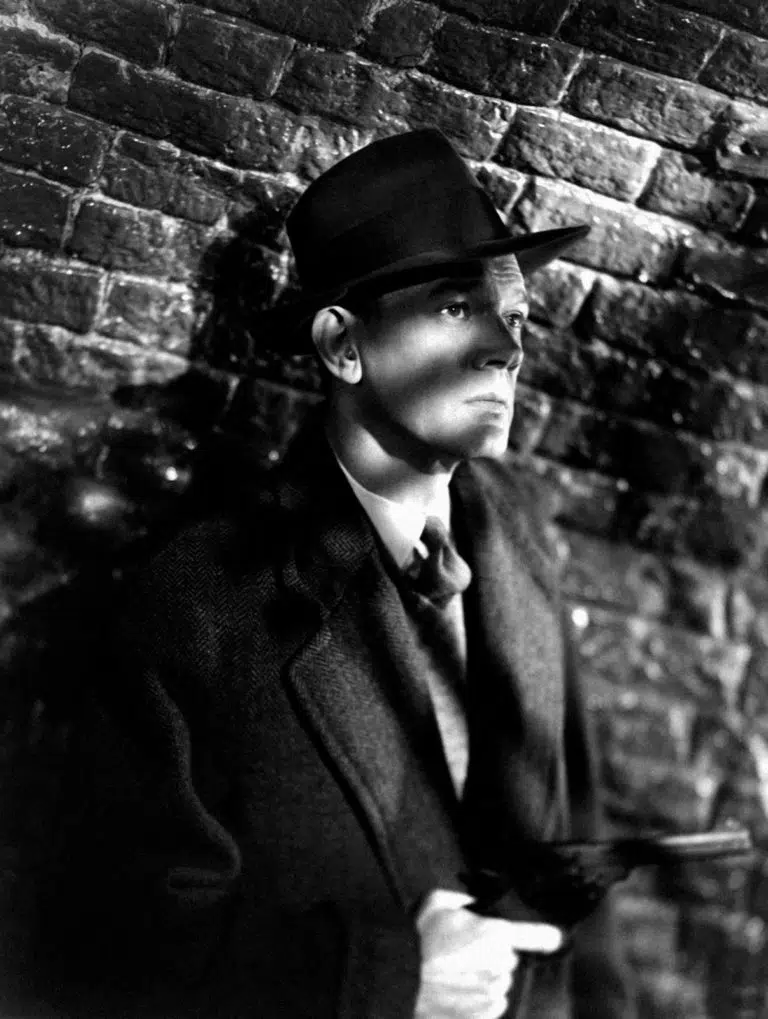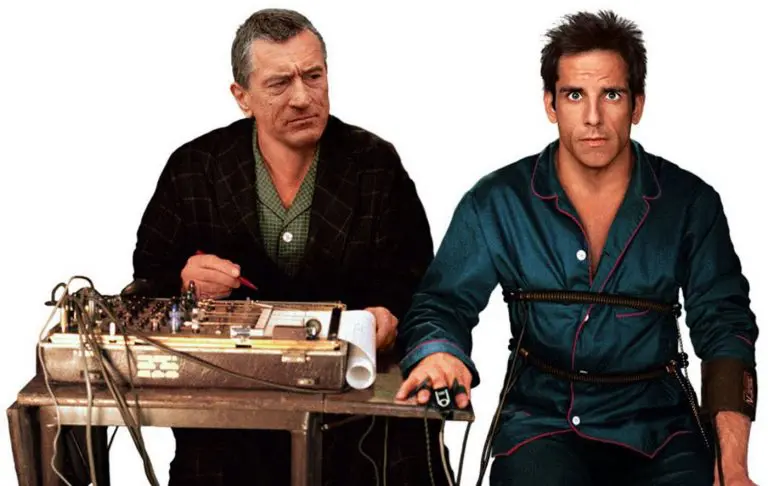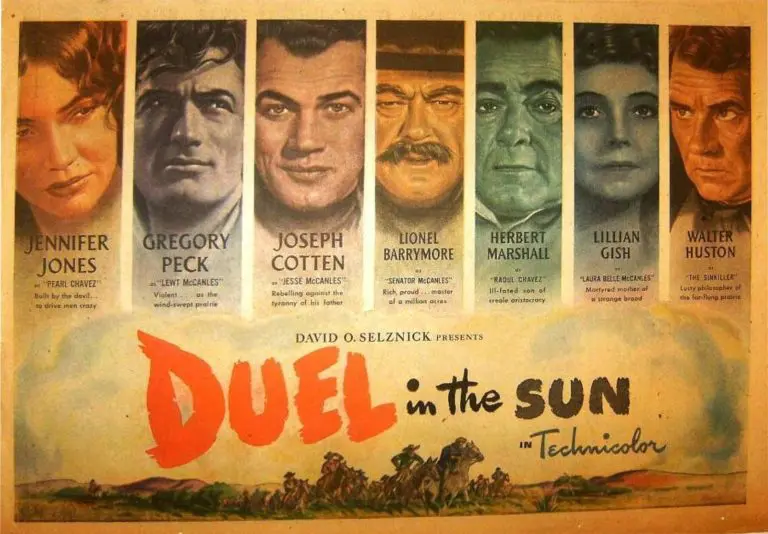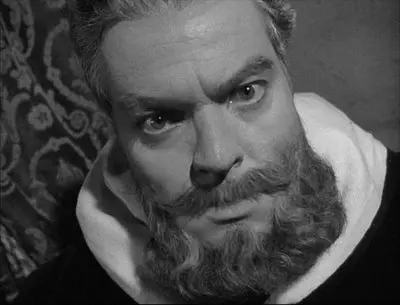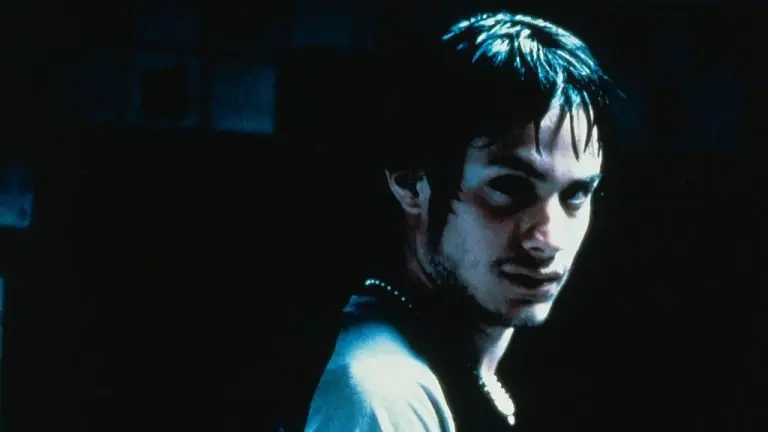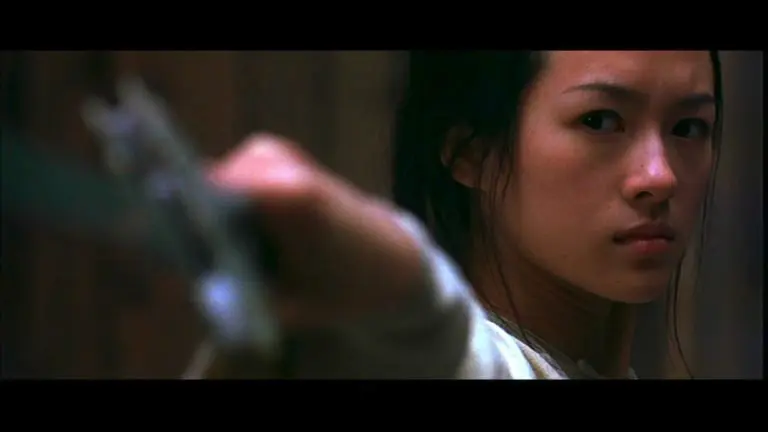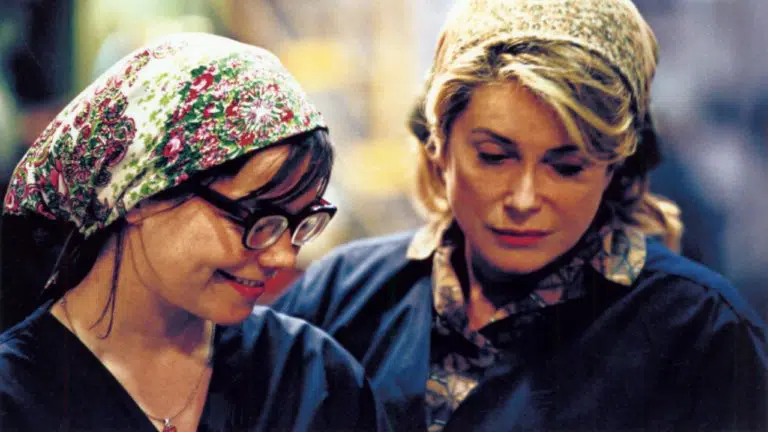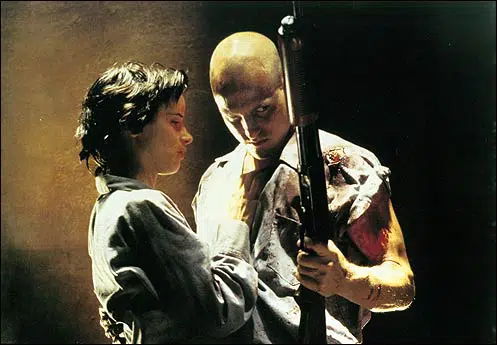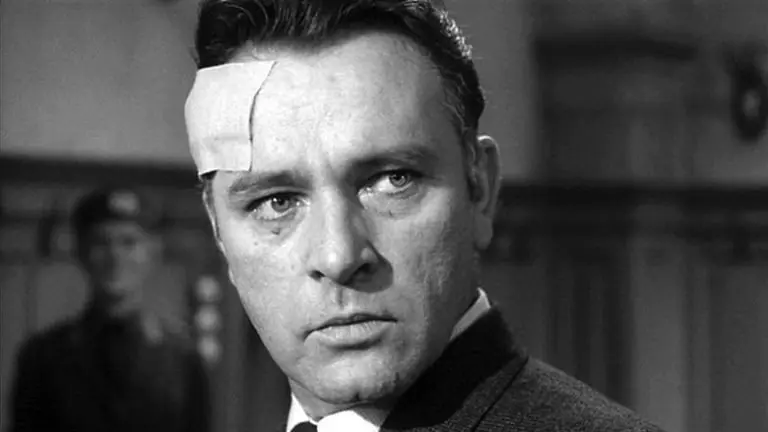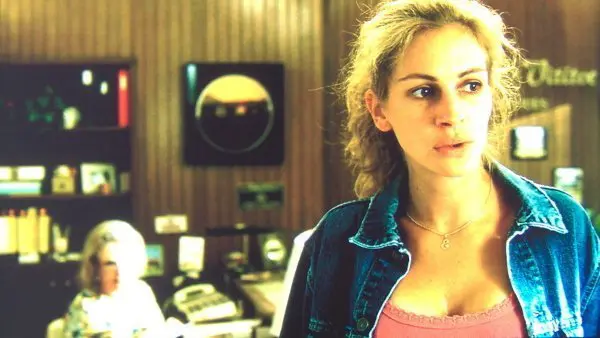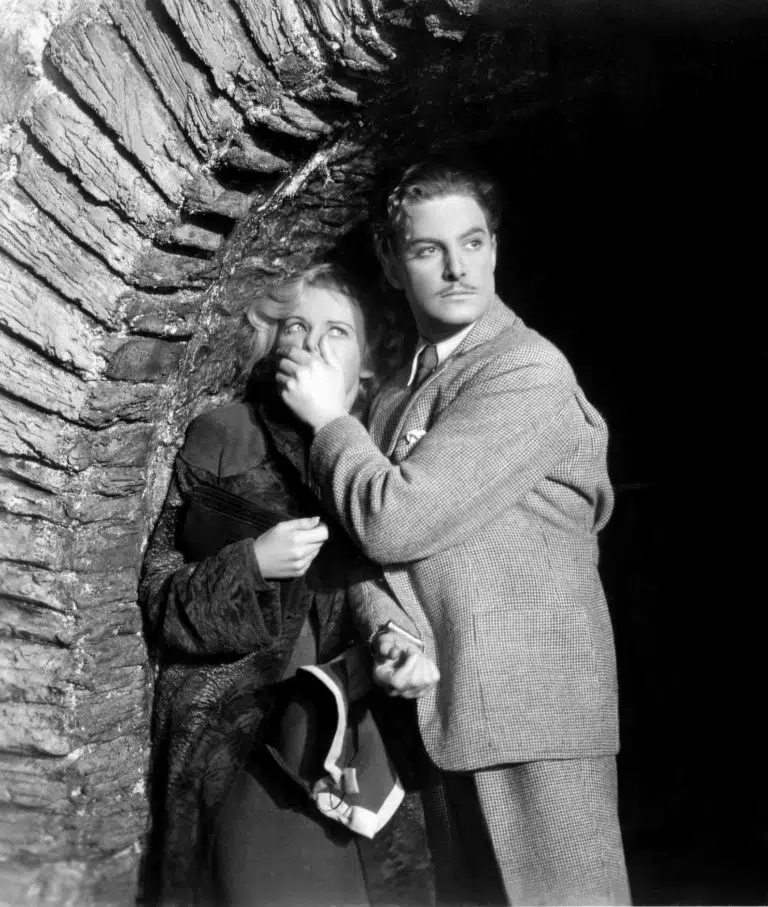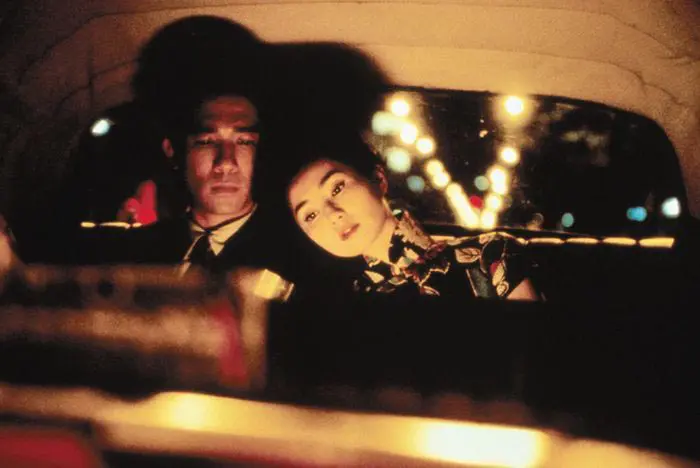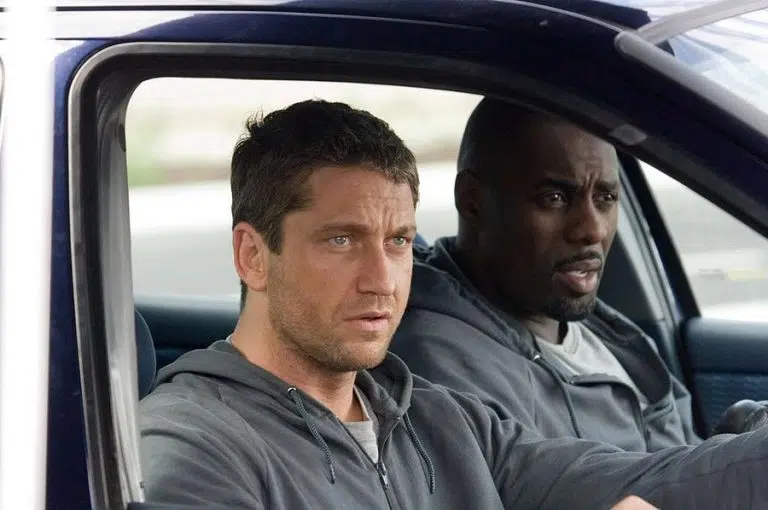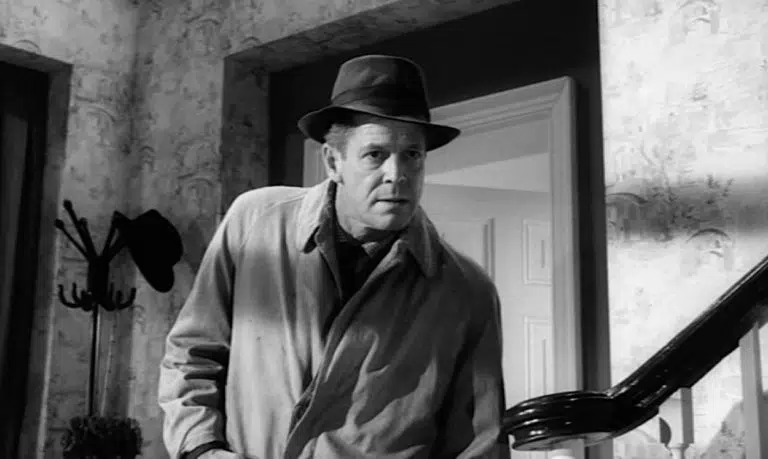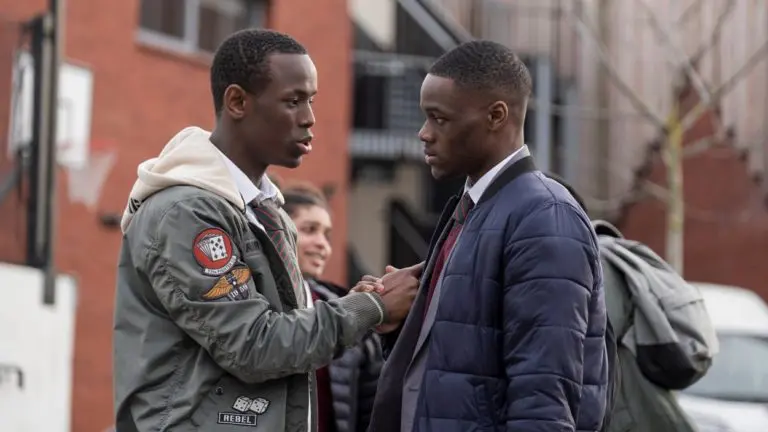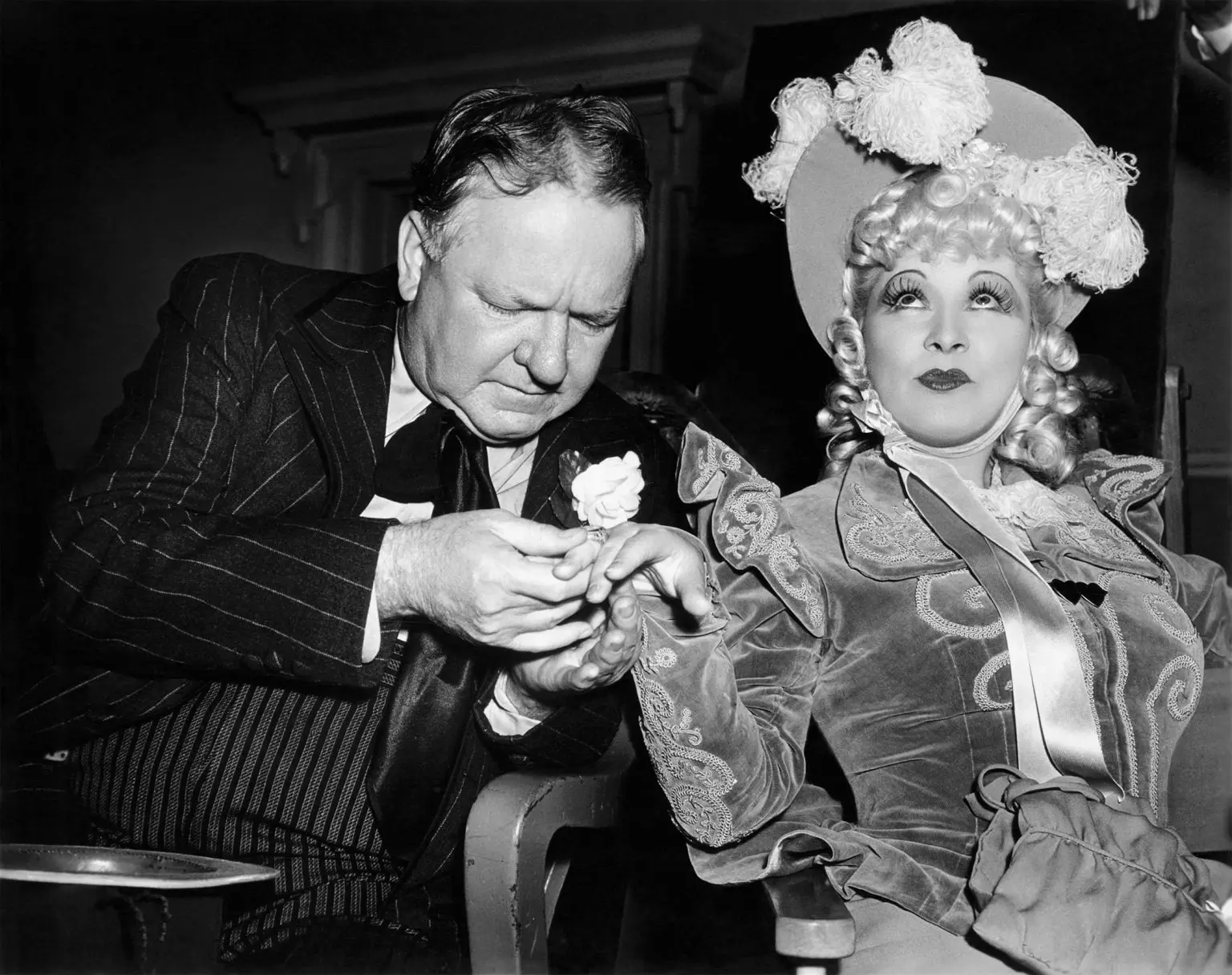
See This
The Third Man
So much is right about the Third Man that could have gone so wrong. Producer David O. Selznick wanted it shot entirely on studio sets. Director Carol Reed disagreed and won, which is why it’s shot on the dank streets of post-war Vienna, a city as overrun with black marketeers as the film suggests. Selznick also wanted Noel Coward to play Harry Lime, the role eventually taken by Orson Welles. Perhaps Coward would have made a good “Third Man”, a shit trading penicillin to the highest bidder and damn the children who die as a consequence. But if Coward had taken the role, there wouldn’t have been the “cuckoo clock” speech, written by … Read more
Meet the Parents
The notion of “upstaging” comes from the theatre and refers to the moment when an actor walks upstage, away from the audience, thus forcing the actor they’re addressing to turn their back on the audience. The audience can’t see the actor’s face, it can’t hear them that well either. It drives actors crazy. It’s a harder thing to nail down on film, but it’s something Robert De Niro is great at, especially when a comedian is involved. In Meet the Parents the funnyman in question is Ben Stiller, playing the poor sap back to “meet the parents” of his intended (Teri Polo). De Niro plays Jack Byrnes, the mutha of a father, subjecting … Read more
Duel in the Sun
Martin Scorsese reckons Duel in the Sun was the first film he ever saw and one of the reasons he became a director. It was made in the mid 1940s when David O Selznick was still basking in the glow of Gone with the Wind, in terms of bums on seats the biggest film ever made. The legendary producer was also feeling pretty pleased with himself at having tempted Alfred Hitchcock to Hollywood, Rebecca and Spellbound being the result of that bit of handiwork. Selznick was riding high. The stocky fortysomething was also riding a new starlet, 25-year-old Jennifer Jones. In a case of extreme hubris – those whom the gods wish to … Read more
Confidential Report
The prevailing wisdom on Orson Welles has changed in recent years. It used to be: “Poor Orson, his masterpieces (such as The Magnificent Ambersons, It’s All True, The Lady from Shanghai ) butchered by the studios”. Now it’s: “Lazy Orson, got most of the way through a film and then lost interest”. Certainly Welles subscribed to the former view, and broadcast it widely wherever he went in Europe during his exile (or extended flake-out, take your pick). Confidential Report fuels the debate. A shadow of both his masterpiece, Citizen Kane, and Carol Reed’s The Third Man (in which Welles played the similarly gnomic Harry Lime), the film jumps around the world excavating the … Read more
Amores Perros
The film which announced the rebirth of Mexican cinema in 2000, Amores Perros was adored not just by cinephiles but also those who “don’t do subtitles”. The reasons are many and continue to make it a film worth seeing, or seeing again. Shot on film which has been deliberately processed in the “wrong” chemical to produce distorted colours and bleached out highlights, it’s got a look which suddenly was everywhere – from hip adverts to films by old-schoolers such as Steven Spielberg (see 2005’s terrorist thriller Munich, for example). The multi-stranded plot which zips backwards and forwards from a pivotal moment – in this case a car crash – is now a Hollywood … Read more
Crouching Tiger, Hidden Dragon
He (Chow Yun-Fat) loves her (Michelle Yeoh); she loves him, but they cannot be together until the fabled jade sword has been returned to its rightful owner. This they seek to do, hindered by an assassin and a mystery figure whose martial arts abilities rival their own. All that plot business is entirely secondary to the working of Crouching Tiger, Hidden Dragon though. It has just enough connective tissue to lead from one breathtaking display of martial arts magic to the next. It was the film of 2000, taking the most autistically male of movie genres, the martial arts epic, and broadening its appeal by adding a balletic twist. By a similar sleight … Read more
Dancer in the Dark
Is it “Unique” (CNN), “Heartbreaking” (The Independent), “Riveting” (Radio Times)? Or, perhaps, “Ludicrous” (Daily Mail), “Numbing” (Salon.com) or “Grim” (TV Guide)? Lars Von Trier’s low-rent, grainy tale of the Czech immigrant in the USA who is losing her sight, made according to the minimalist Dogme manifesto, won the Palme D’Or at the 2000 Cannes film festival. And even there fighting almost broke out in the audience. What got everyone’s goat was Von Trier’s decision to couple his muddy shakeycam style to the most velour of Hollywood genres – the musical – and to cast the coolest of Euro sophisticats, Catherine Deneuve, as a factory worker. Adding to this deliberate provocation is the singing … Read more
Natural Born Killers
Oliver Stone’s notorious film about two dim kids who kill a few people and become media celebrities takes two actors who weren’t exactly the go-to choices for crazy nutjob killer roles. Woody Harrelson was fresh from playing affable dunce Woody in Cheers and Juliette Lewis was uppermost in the mind as the daughter in Cape Fear. As it turned out the roles fit them like a second skin. As in similar gangster/road movies such as Badlands or Bonnie & Clyde, writer Quentin Tarantino and director Stone send their two fuck-ups off on a series of murders. But, unusually, they also send them off on a stylistic journey through a storm of different generic … Read more
The Spy Who Came In from the Cold
Based on the breakthrough novel by former spy John Le Carré, shot in black and white to suggest that espionage is unglamorous, dirty work and starring a hollowed out Richard Burton, The Spy Who Came In from the Cold is as far from James Bond as it’s possible to get – further, even than Michael Caine’s Harry Palmer of the Ipcress File. Telling the story of a jaded spy who is busted to a desk job in London and then recruited by East German intelligence – or that’s what they think – it’s a bleak marvel, as redolent of the drab side of the 1960s as the smell of a wet duffel coat. Martin … Read more
Erin Brockovich
After Sex, Lies and Videotape, director Steven Soderbergh’s career starting sliding and looked like it was going to go from thumbs up to belly up. Then he came back hard with two great movies in two years and laid down the template for his working practice in the future. Which was more or less “one for me, one for them”. The Limey bore the marks of the personal film: offbeat casting (Terence Stamp, Peter Fonda), whacked-out situations, experimental structure. Then there is this. Erin Brockovich tells the David and Goliath story of the busty legal assistant (Julia Roberts plus chest prosthetics) who takes on a corporation that’s polluted a small town’s water supply … Read more
The 39 Steps
There are several filmed versions of John Buchan’s novel. The other two notables have Kenneth More and Robert Powell in the lead. But this one, in spite of its antiquity, is the best. It stars debonair, pencil-moustached Robert Donat as the innocent man forced into going on the run after accidentally getting caught up at the wrong end of someone else’s spying caper. The “innocent” theme was something Alfred Hitchcock was already comfortable with in 1935 and one which he’d return to repeatedly, most notably in North by Northwest. If you’ve read John Buchan’s original book, you’ll know The 39 Steps is a taut thriller full of derring-do, a rattling good read even … Read more
In the Mood for Love
Escape the tyranny of the huge flatscreen TV for an evening and surrender to a slow-moving visual feast best seen on the big screen in a darkened room with lots of people. They will mostly be holding their breath, and for a variety of reasons. The gorgeousness of Christopher Doyle’s cinematography for one, depicting 1960s Hong Kong as a kaleidoscope of butterfly blues, resinous ambers and neon reds. The unusual focus of the plot for another – on the man and woman realising that their other halves are having an affair with each other. On the losers not the winners in the game of love, in other words. And on the awful, stomach-clenching … Read more
